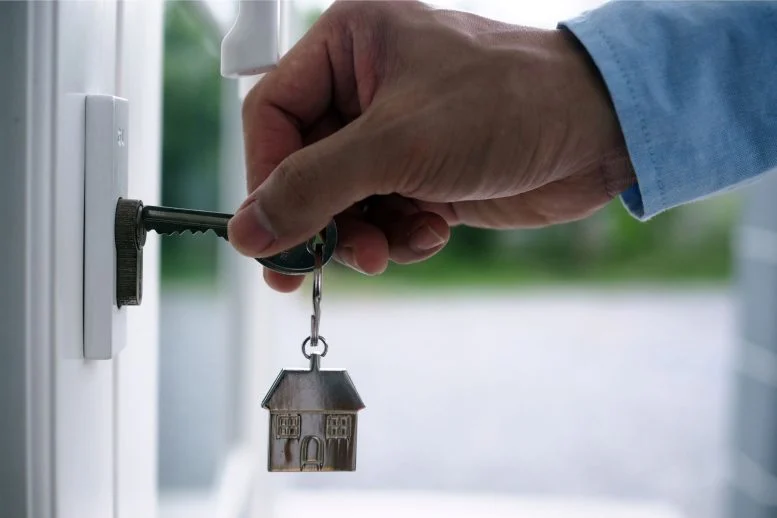Oxford Research Highlights Lifespan Benefits of Early Homeownership in 20th-Century America
A groundbreaking study from Oxford University reveals a compelling link between early homeownership and increased life expectancy among male Americans born in the early 20th century. The research, led by Dr. Casey Breen of Oxford’s Leverhulme Centre for Demographic Science and Department of Sociology, was recently published in Demography.
The study found that owning a home in early adulthood added approximately four months to the lifespan of American men. Notably, Black male homeowners experienced a 0.36-year increase in life expectancy, while their White counterparts gained 0.42 years.
Addressing Racial Disparities Through Homeownership
Dr. Breen emphasized the broader implications of these findings for public policy, particularly regarding racial equity.
“My study finds homeownership has a meaningful positive impact on life expectancy. These results suggest that social policies that equitably expand homeownership opportunities for Black Americans may help narrow the gap between Black and White male life expectancy in the US,” Dr. Breen said.
The study highlights the stark racial disparities in homeownership during the 20th century. Historical barriers such as systemic racism and limited access to property ownership meant fewer than 10% of Black Americans aged 18–25 owned homes in 1940, compared to nearly double the rate among White Americans. These inequities carried long-term health and socioeconomic consequences.
Methodology and Key Insights
Dr. Breen’s research utilized a sibling-based identification strategy and data from the 1920 and 1940 U.S. census records linked to Social Security mortality records. This approach allowed for a detailed analysis of the impact of early adulthood homeownership (ages 24–35) on life expectancy.
One of the study’s notable findings was that the value of the property owned had minimal influence on life expectancy. Instead, the benefits of homeownership stemmed from factors such as:
- Increased community stability.
- Psychological advantages associated with owning a home.
- Improved living conditions compared to renting.
The study also showed that homeowners in early adulthood lived an average of six months longer at age 65 compared to renters, even after controlling for variables like education, income, marital status, and shared family background.
Policy Implications
These findings underscore the potential for homeownership policies to act as tools for promoting public health and addressing racial disparities. Expanding access to homeownership opportunities for underserved populations could help mitigate longstanding inequities in health outcomes.
However, Dr. Breen cautioned that the study’s focus on a specific demographic—male Americans from the early 20th century—limits the generalizability of its conclusions. Further research is needed to explore whether these findings hold true across other populations and historical contexts.
Reference
The study, titled The Longevity Benefits of Homeownership: Evidence From Early Twentieth-Century U.S. Male Birth Cohorts, was published on December 4, 2024, in Demography.
DOI: 10.1215/00703370-11680975












